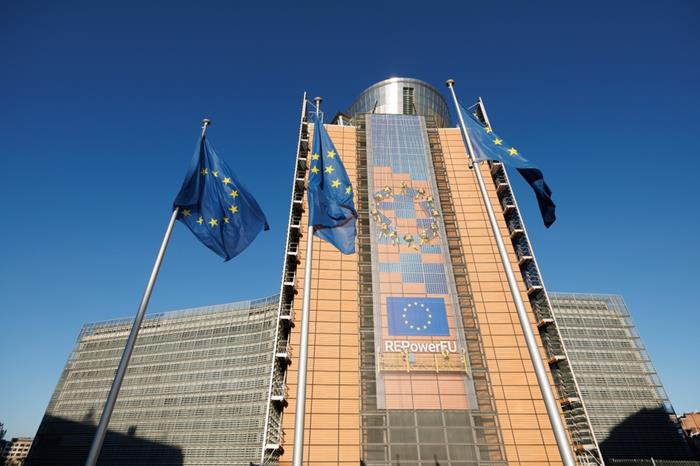New EU legislation will have a big impact on the AGMs of European companies in the coming years, with shareholders given more ammunition to hold boards “accountable”, according to one of the world’s leading proxy advisers.
Senior figures from Institutional Shareholder Services (ISS) say new laws to improve non-financial disclosures, corporate focus on human rights and gender representation in boardrooms will boost the influence of shareholders at European AGMs.
In a report on the upcoming changes, ISS says investors will have more disclosures to use when it comes to voting on company issues during annual meetings.
“Shareholders are receiving many additional tools that can be used to better understand company practices in these areas and in holding the company management accountable,” the report says.
The big changes come in the form of the Corporate Sustainability Reporting Directive (CSRD), the Corporate Sustainability Due Diligence Directive (CSDDD), both expected to be finalised this year, and the directive from last year on Gender Balance on Company Boards.
‘Higher standard’
The report says that taken together, the changes mean “increased transparency”, leading to companies being held to a “higher standard” on human rights and sustainability practices.
The CSRD requires reporting in line with harmonised European Sustainability Reporting Standards and mandatory assurance of the new reporting. CSRD builds and expands on the current Non-Financial Reporting Directive.
The CSDDD requires companies to undertake and report on mandatory sustainability and human rights due diligence as well as to disclose efforts to deal with any negative impacts. It also introduces civil liability for companies that fail in their duties, though its scope and possible effectiveness remain a contested issue.
The new gender balance law in Europe demands that 40% of non-executive seats are held by women and requires reporting on boardroom gender. Companies face sanctions if they fail to comply with the directive.
Given an expectation that “climate mitigation plans” are expected to be “embedded” in executive pay plans, ISS expects the new legislation to produce close scrutiny of remuneration and to influence shareholder voting.
ISS says the changes could affect voting on directors. “Shareholders will be able to consider the aforementioned factors when evaluating candidate qualifications and board composition as a whole,” the report says. It adds that board recruitment will likely be affected by the reforms too.
Not everyone is happy with the new rules. NGOs especially have argued they do not go far enough. But they will undoubtedly present companies with a new set of reporting and behaviour challenges—perhaps some of the most rigorous so far—as governments around the world push companies to focus on climate and long-term, sustainable success. Companies in the EU will likely be at the forefront.





